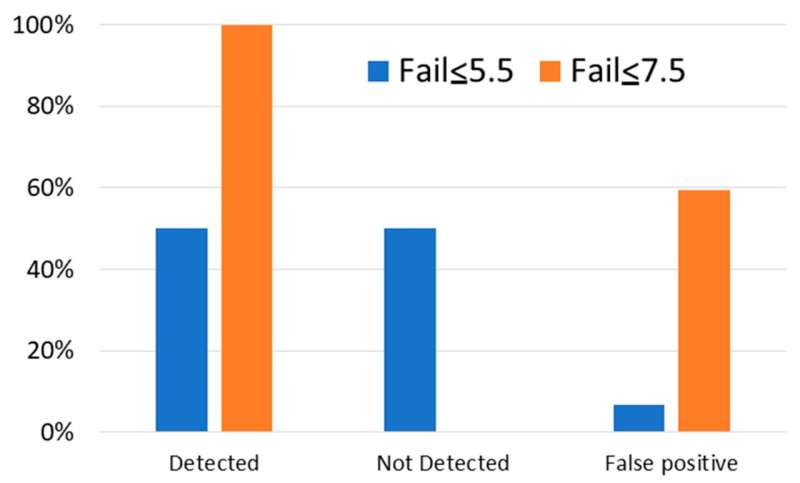Artificial intelligence can identify students who need extra help

A pilot study of the use of artificial intelligence to detect the needs of students in remote learning has concluded that the data obtained can be used by teachers to offer help to the students who most need it. The research, carried out in conjunction with the Universitat Oberta de Catalunya (UOC), the Eurecat technological center and the Universidad Autónoma de Madrid, will help solve one of the biggest problems faced by off-site education, which has become more widespread during the pandemic: how to obtain information concerning the progress of students in order to provide them with the necessary support before it is too late.
Laia Subirats, a course instructor at the UOC's Faculty of Computer Science, Multimedia and Telecommunications and a researcher at Eurecat, said: "We were able to carry out a continuous assessment in pre-pandemic years, then during lockdown and later in the second wave of the pandemic." She added: "Our objective is to develop a method to improve remote learning which will allow teachers to identify students who are at risk of failing, so that they, as well as the students themselves, can reinforce their learning process."
The study, published in the open-access scientific journal Applied Sciences, drew on information gathered from 396 university students between the 2016/2017 and 2020/2021 academic years. Before the final exam, students were given the chance to take tests featuring various questions adapted to their individual level. From their data, students were classified as excellent, on track or at risk.
"One of the challenges was detecting poor performing students in cases where they crammed at the last minute, because the system was unable to predict this early enough," said Subirats, who also works with the Applied Data Science Lab (ADaS). "But it is easy to spot students who fall in the excellent category, since those who study in a more ongoing manner obtain better results."
Technology for improving assessment
The need for innovative technology in the learning process and especially in assessing performance is one of the greatest challenges faced by remote education. The COVID-19 pandemic, which forced schools to suspend face-to-face classes, only served to underline this fact. However, digital tools such as online assessment platforms offer new opportunities in this regard.
"These sorts of tools also serve to break down many barriers and can help democratize knowledge," said Subirats, adding, "The fact that you can study anywhere and at the time that suits you best greatly favors those who are unable to follow a more conventional way of learning."
Furthermore, artificial intelligence and its predictions can also help detect possible fraud or plagiarism. "If a student obtains a much higher grade than what our system predicted, that could be a cause for suspicion," said the researcher.
This research supports Sustainable Development Goal (SDG)4, Quality Education.
More information: Laia Subirats et al, Artificial Intelligence to Counterweight the Effect of COVID-19 on Learning in a Sustainable Environment, Applied Sciences (2021). DOI: 10.3390/app11219923
Provided by Universitat Oberta de Catalunya





















